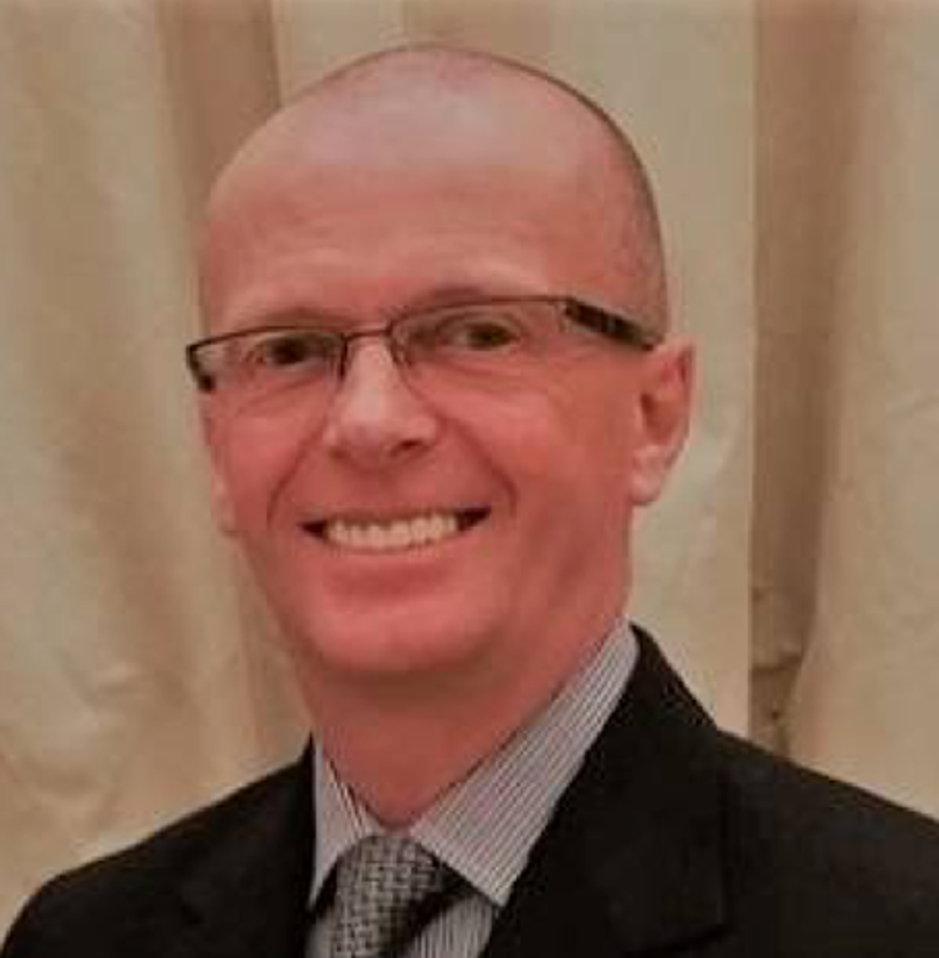The following workshop tries to reach a better and more balanced understanding of the contemporary process of politics in the Gulf by examining the roles played by both formal and informal institutions at informing and shaping decision-making at a national level. Academic studies have tended to emphasize the role played by elites, tribe, majalis, military, rentierism, environment, and external relations in shaping domestic and foreign policy decisions. However, political, social, economic, and cultural institutions also contribute to the wider policy debate and inform the political process. There are very few academic studies that account for the role that institutions, in particular newly-founded institutions, play in advancing the process of politics in the Gulf. The proliferation of official, unofficial, formal, and informal institutions across the Gulf Cooperation Council (GCC) over the past 10 years makes the aim of the workshop both timely and essential for better understanding the complexity of the process of politics in the Gulf. Drawing on the comparative experience of academics and practitioners directly involved with social, political, economic, and cultural institutions in the Gulf, the workshop will analyze the 2 factors that either currently facilitate or constrain building a process of politics in the region. Academics and practitioners would be drawn from a wide range of institutions with the aim of not only comparing and capturing experiences, but also seeking ways in which to enhance, support, and underpin a more effective way of building an institutional process of politics.
3 DAYS / 12 Workshops
MORE THAN 300 ACADEMIC PAPERS
Background
GCC governments are often accused of not being transparent in their decision-making. In
addition, they are perceived to be unable, or unwilling, to respond to their citizens’ needs
and aspirations; a situation that is made particularly acute by the demographic reality of
the Gulf region. Furthermore, it is sometimes claimed that GCC states create new
institutions to accommodate pressures for increased socio-political participation without
establishing an alternative to their own rule. Therefore, it is argued that in the absence of
“responsive” governance, societies need to develop the ability to build consensus,
advocate for their own interests, or partner with both public and private sectors to pursue
these interests. This can be achieved by building an effective institutional process that
provides entry points for citizen participation in the decision-making process. Indeed,
delivery of fair and equitable citizen services requires government responsiveness and
accountability, as well as motivated civil society organizations with the know-how to
mobilize citizens and effectively engage with government to promote and sustain
progress. In short, breakdowns in governance and the lack of effective civic institutions
can lead to broader failures, creating the conditions for corruption and unrest.
When examining institutional processes in the Gulf we also need to measure institutional
effectiveness, i.e. the systematic, explicit, and documented process of measuring
performance against mission in all aspects of an institution. It is also possible to refer to
the theory of “new institutionalism.” According to Przeworski (2004) “new
institutionalism” consists of two propositions:
1) “Institutions matter”: they influence norms, beliefs, and actions; therefore,
they shape outcomes;
2) “Institutions are endogenous”: their form and their functioning depend on
the conditions under which they emerge and endure.
Workshop Goals
The overall goal of the workshop is to encourage scholars and practitioners to better
understand the complexity of decision-making in the Gulf by acquiring a more insightful
appreciation of how established and newly-founded institutions contribute to the
3
policyprocess. Moreover, the analysis and insights shared among scholars and
practitioners will serve to help underpin the institutional process of politics in the region.
In addition, the GCC states often lack an effective intermediate stratum that can operate
and liaise between higher echelons of government and the general population. This lack
of an effective “bridge” between the governing and governed contributes to societal
frustration regarding perceived lack of consultation in relation to socio-political, socioeconomic and socio-cultural participation. One way to address this problem is to build
effective institutions that are seen as being accountable to society and not simply as
vehicles to “rubber-stamp” governmental decisions.
Therefore, the questions animating this workshop could include:
1. What is it that makes an institution effective?
2. How do institutions resist co-optation and becoming vehicles for high profile
public figures?
3. What role can institutions play in creating and/or enhancing: socio-political
awareness; national development; civil society; national identity; notions of
citizenship; community awareness?
4. What role can institutions play in transforming citizenship awareness into
citizenship engagement?
5. How can institutions help governments create the mechanisms to engage citizens
in decision-making?
6. What approaches and/or methods can be utilized to strengthen civil society
institutions and/or organizations to serve community needs sustainably?
7. How can institutions strengthen government and private sector bodies to
collaboratively fight corruption?
8. Across the GCC, how can better coordination between existing institutions be
achieved?
9. Within each Gulf state, how can better cooperation between existing institutions
be achieved? (Combatting a “silo-mentality”)
10. How can foreign universities/think tanks/research institutes contribute to the
building of institutional processes in the Arab Gulf States?
11. How can a fair balance be achieved between traditional and contemporary
institutions in the Gulf?
12. What is the influence of language and culture on Gulf institutions?
13. How can conflict be avoided when a state has a presence in two or more national
institutions?
14. How can education prepare individuals to play a role in building of institutional
processes?

